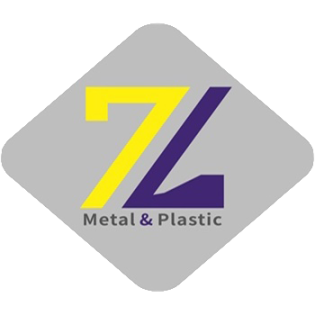Metal Forging
Metal forging is a kind of metal billet as raw material, by applying pressure and impact force, changing the shape and structure of the metal billet, processing into parts and components with the required shape and size. In the process of metal forging, the metal blank is preheated, placed in the forging die, through the impact force or continuous extrusion, so that the metal blank plastic deformation, and finally formed into the required parts or components. Metal forging can be divided into hot forging and cold forging, of which hot forging is carried out at a higher temperature of the metal blank, while cold forging is carried out at room temperature.
The main features of metal forging include the following:
In the process of metal forging, by applying high pressure to the metal blank, the grain structure of the metal is rearranged, and the defects and pores are eliminated at the same time, thus improving the compactness and strength of the parts. Therefore, forged parts usually have excellent mechanical properties, such as high strength, high hardness and good wear resistance.
metal forging can be processed into various shapes and sizes of parts and components, including simple angular structure, complex internal and external shapes and high-precision surface processing. This benefits from the plastic deformation of metal billets during forging and the flexibility of mold design, which can meet the processing needs of complex parts.
metal forging produces almost no waste, because the shape and size of the metal blank after forging processing is almost exactly in line with the design requirements, and no additional cutting or processing is required. To a certain extent, metal forging can also save costs and improve the utilization of raw materials.
The surface of the parts processed by metal forging is usually smooth and uniform, and it is not easy to produce surface defects and pores, so it has good surface quality and processing accuracy.
metal forging can be applied to a variety of metal materials, such as carbon steel, alloy steel, stainless steel, aluminum alloy and copper alloy, suitable for a variety of industrial fields, such as automobile manufacturing, aircraft manufacturing, ship construction and petrochemical industry. Different metal materials can achieve various requirements through different forging processes.
